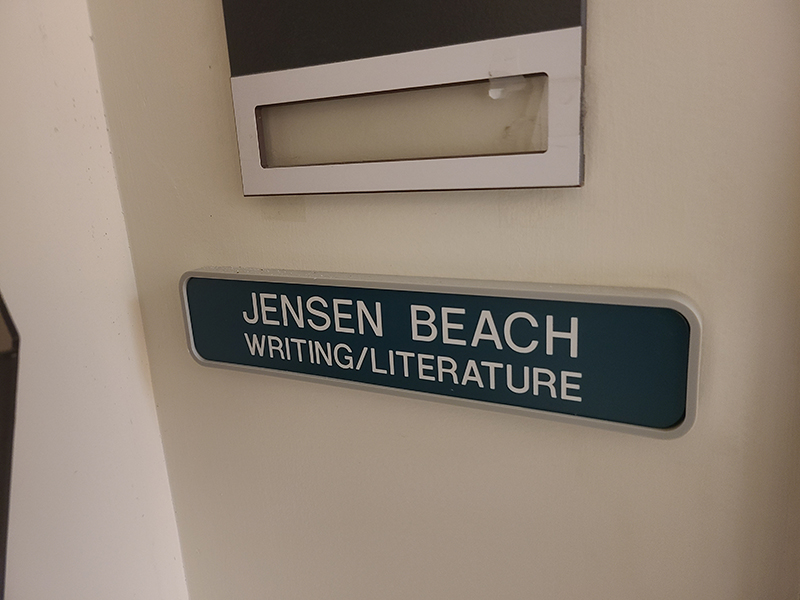By Dylan Archbold
Johnson State College students were confronted with a new way to look at autism April 1, as the documentary “Wretches & Jabberers” took the audience on a journey with two men with autism. The movie follows Larry Bissonnette and Tracy Thresher on their multi-country journey, undertaken to meet others afflicted with autism, and to attempt to raise awareness about the plight of autism sufferers in poverty stricken corners of the world. Along the way they will get to know several memorable people, some with autism, and some that are trying to help improve conditions for people with autism. The film deploys a unique blend of somber education and circumstantial humor to attempt to teach without lecturing.
This is actually a very difficult film to review. On the one hand, I can jabber on about my impressions about every piece of media that I come across, but on the other all of my cinephile training doesn’t leave me with much experience in reviewing documentaries.
Well, here is my crack at it: “Wretches & Jabberers” is a highly engaging flick that delves into a very serious topic, and manages to be uplifting as well as fascinating and humorous. Both Thresher and Bissonette are compelling subjects to observe, and despite their limitations in communicating they are impressively eloquent and witty. All of their screen time is mesmerizing, as everything from their extreme frustration to their quiet contemplation is outside the audience’s usual expectation for people with mental problems, and all the more moving because of it. Any problems that the film might have, have nothing to do with our two wandering men. And that is where my inexperience with documentaries comes into play, because it isn’t as if I can come down on the acting, or nitpick over some gaping plot hole like I usually do.
The most distracting factor in this heartwarming journey would have to be the editing of this movie. The initial setup is linear, from a starting point in Vermont, then working throughout the various countries of Japan, Finland, etc. That being the case, it is wrenching when whole sections of the trek are depicted in non-chronological order. One minute we will be in Japan, watching Tracy and Larry see the sights of the city, only to have a scene from a Finnish interview play for a few minutes, when the trip to Finland won’t happen for another 40 minutes.
The editing is the biggest sin I can see with this film, so if that doesn’t bother you, I recommend you watch the film and get a fascinating look into the worlds of these two men.
By Lindsay Brown
A conversation with Academy Award winning documentary producer and director Gerardine Wurzburg:
What inspired you to embark on this project?
I was interested in exploring the world of those most ignored, people with no spoken language who are presumed to not be competent.
What surprises did you encounter when making this film?
The power of the film is the empathy that people in the film express to each other, and their ability to connect so quickly even though they have never met in person. Their words needed to be translated and they were ages 16 – 52. Meeting someone like yourself who believes in your capacity can change anyone.
Greatest frustration in making the film?
That Larry and Tracy missed out on a full education, they would have thrived as full academic students at Johnson State College; you all certainly understood their humor and life.
Most important lesson you’d like viewers to take away?
That “differences” are a construction and a limitation. That unfortunately we often seek out those like ourselves –speakers, age, race, gender, et cetera– and miss out on the insights, perspective and humor of people like Larry and Tracy. This day forward, step out of your box.
Of what significance were cultural differences relevant in the making of this film?
Surprisingly, Larry and Tracy could leap cultural boundaries like Superman. This meant stepping out of comfort zones of food, language, weather, [and] cultural personality, and finding the human common thread.



